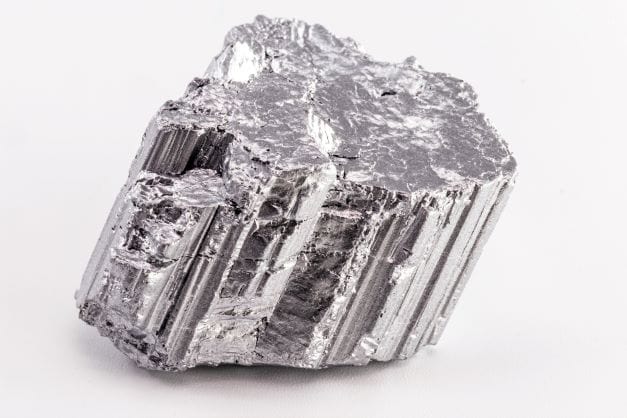
Industry-Wide Concerns
The Alliance for Automotive Innovation and the Motor & Equipment Manufacturers Association (MEMA) have expressed concerns to the U.S. government, warning that without a stable supply of these essential components, vehicle production lines could face disruptions within weeks. The shortage has already impacted companies like Bosch and is anticipated to affect Indian automakers in early June.
Geopolitical Tensions
The situation has intensified trade tensions between the U.S. and China. President Trump has accused China of violating recent trade agreements, while Chinese officials attribute the export restrictions to U.S. policies in the semiconductor sector. Despite discussions between U.S. and Chinese officials in Geneva and the issuance of some export licenses, delays persist, exacerbating the supply chain challenges.
Implications for the Automotive Sector
The automotive industry’s reliance on rare-earth magnets underscores the vulnerability of global supply chains. The current shortage threatens to stall the production of electric vehicles (EVs) and other advanced automotive technologies, potentially delaying the industry’s transition to cleaner and more efficient transportation solutions.
Looking Ahead
Automakers are now exploring alternative sources and materials to mitigate the impact of the shortage. However, developing new supply chains or substituting materials is a complex and time-consuming process. The situation highlights the need for diversified supply chains and increased investment in domestic production capabilities to reduce dependency on critical materials from a single source.
As automakers navigate this challenge, collaboration between governments and industries appears to be crucial to developing resilient and sustainable supply chains for the future.